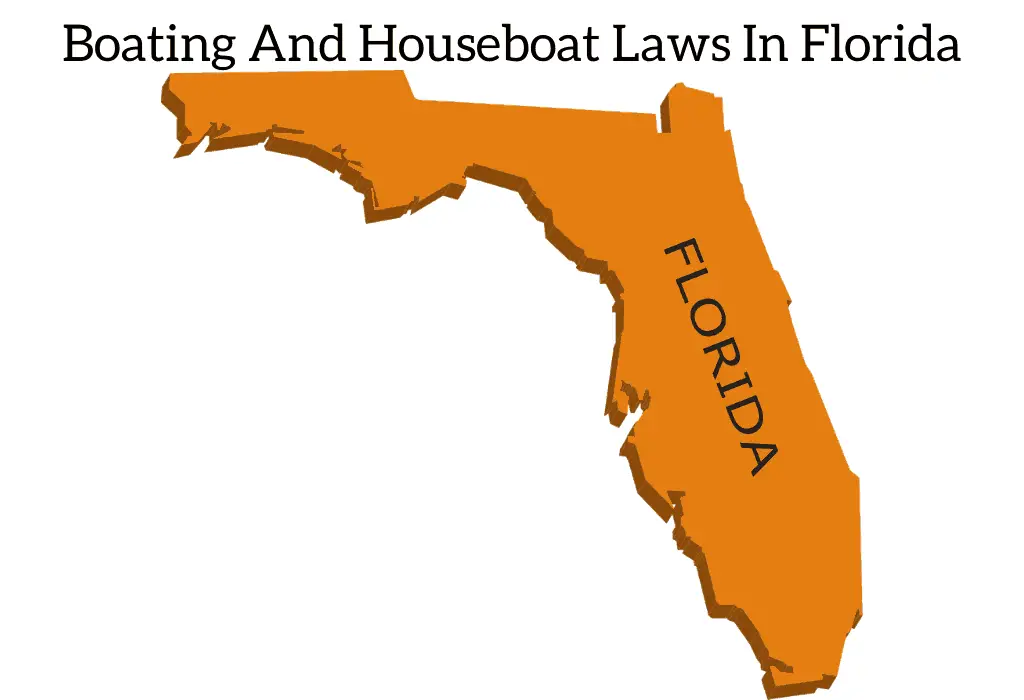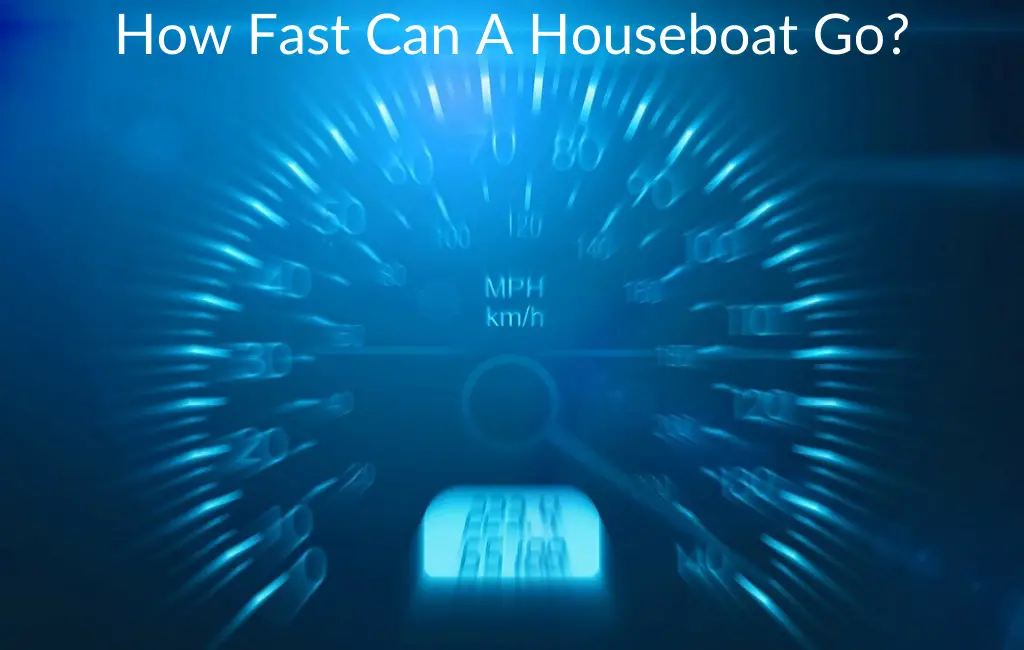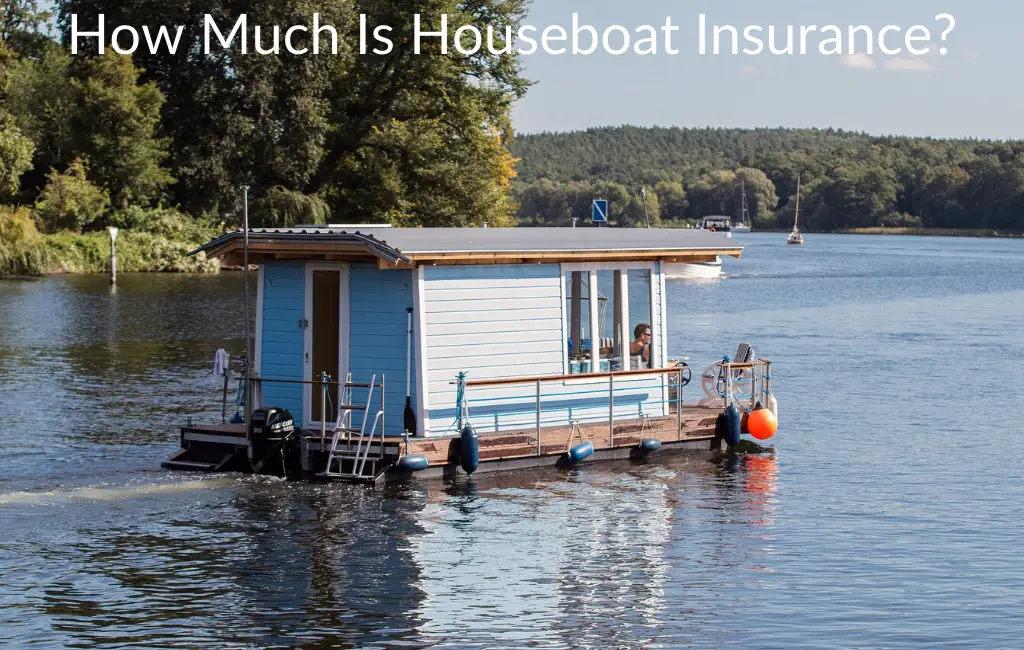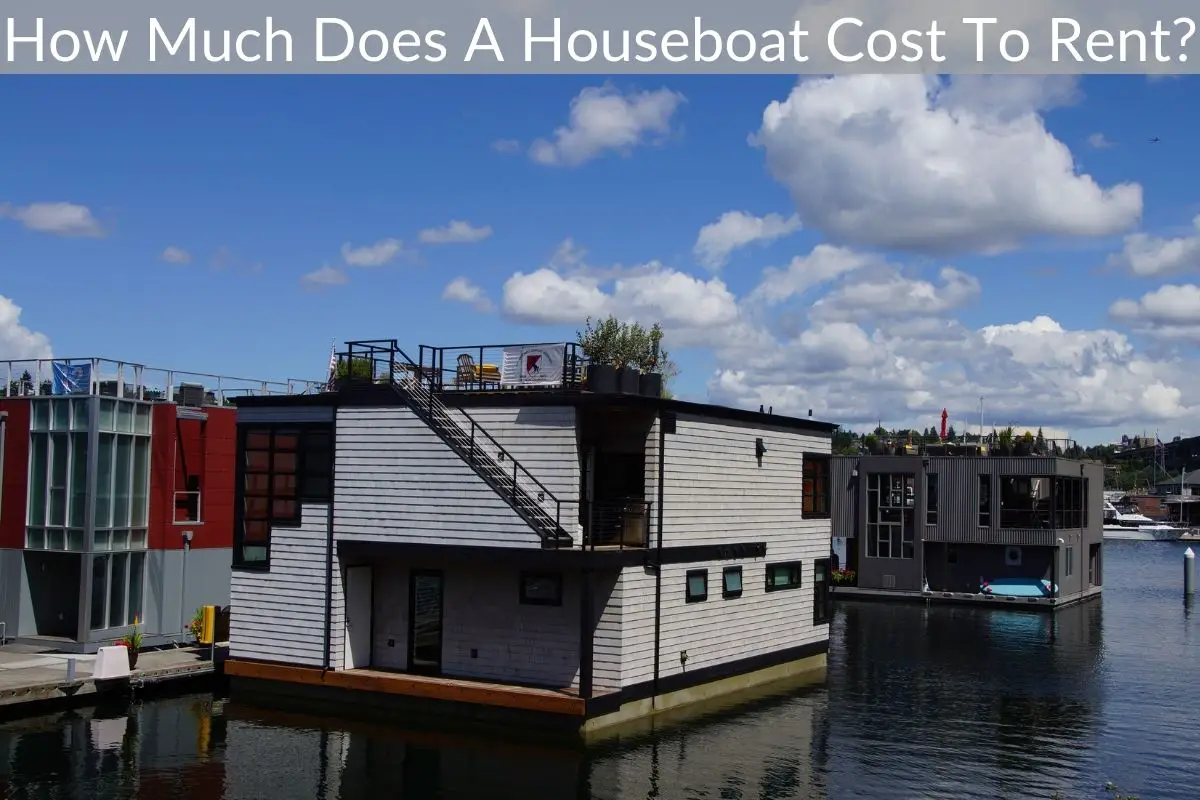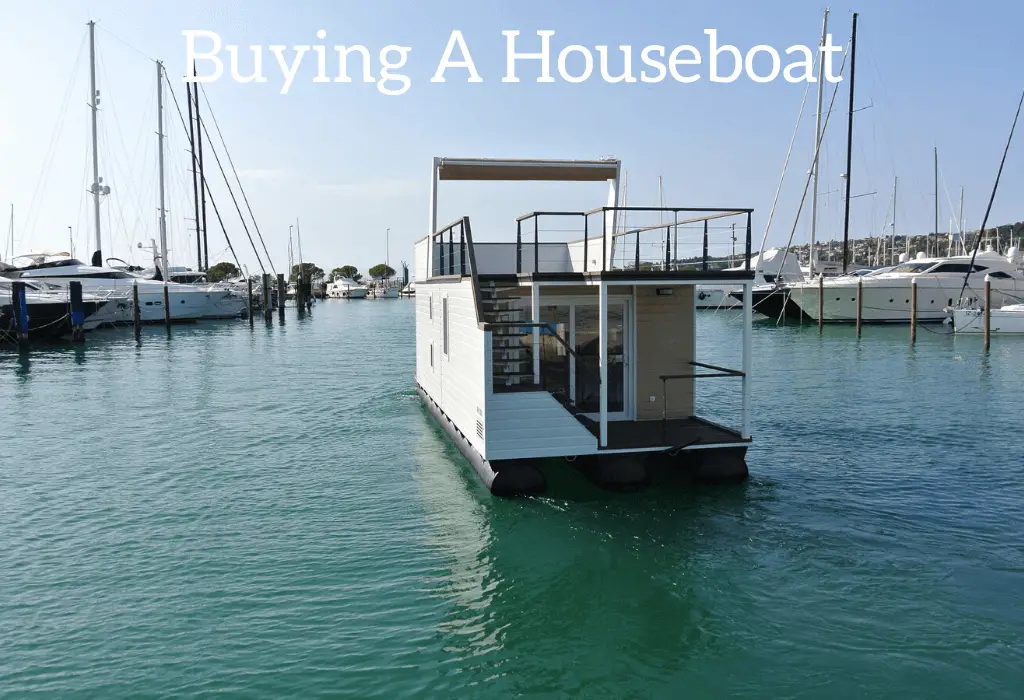If you own a houseboat or are looking to buy a boat it is important to know the laws in the state where you will be boating.
*This post may contain affiliate links. As an Amazon Associate we earn from qualifying purchases.
This article will cover the current boating laws in Texas. These laws will apply to houseboats as well as normal boats so be sure and read carefully. I have added the current statutes where each of these specific laws can be found so feel free to read the entire statute about each point.
Learning the laws before you hit the water is a great idea for everyone but especially for boat owners.
In this article, I will do my best to cover the current Texas houseboat laws as well as the boat laws in general. Please be aware that this information can change in the future so be sure and check local laws before making any decisions.
Texas boating laws
Lighting
All boats must shine a minimum of 1 bright light, lantern, or flashlight on board any vessel that is not docked. This light must be lit from sunset to sunrise in all weather conditions. Sec. 31.064
Personal Flotation Devices
Your boat must have one personal flotation device for every person on board. That device must be placed where it is readily accessible in case of emergency. Sec. 31.066
For boats under 26 feet in length, every passenger under 13 years of age are required to wear a personal flotation device while the boat is underway. Sec 31.066
Fire extinguishers
Your boat must be equipped with the proper number, size, and type of fire extinguishers as required by the US Coast Guard. Sec 31.067
Rearview mirrors
If you are towing a person on an aquaplane, water skis, etc. you must have a rearview mirror of no less than 4 inches square. The mirror must be properly mounted to give you a full view behind the boat at all times. Sec. 31.071
Negligent use
You cannot use any boat, water skis or similar device in a way that is reckless or negligent and that could endanger the life, limb, or property of someone else. Sec. 31.094
Speed
You cannot operate a boat or vessel at a rate of speed that is above what would be reasonable or prudent given the current weather conditions and other current hazards including the current amount of boat traffic. Sec. 31.095
Circular Patterns
You cannot drive in circles around another vessel where any occupant is engaged in fishing, waterskiing, or other similar activities. You also cannot drive in a circle around someone who is swimming unless you are attempting to rescue them. Sec 31.099
Mooring to A Buoy
You cannot moor or attach your vessel to a buoy, light marker, stake, beacon, flag etc. You also cannot move, tamper with, or damage such markers Sec. 31.100
Obstruction
You cannot anchor a vessel in the traveled portion of a river or channel that would prevent, or interfere with the passage of other vessels. You also cannot anchor near a state owned boat ramp where you would interfere with the safe launching of a vessel. Sec 31. 101
Operating Your Boat
Anyone operating your boat must be older than the age of 13 or is being supervised by someone who is on board, can lawfully operate the boat, and is at least 18 years of age. Sec. 31.107
Any driver who is born after September 1, 1993, is required to take a boater education course if the vessel is powered by a motor larger than 15hp or it is a windblown vessel over 14ft in length.
If the boat driver is subject to the above conditions they must carry a photo ID card and a boater ID card or proof of the completed course. Sec 31.109
Boater Education Course
If you are required to take a boater education course or just want to learn a little more about boating it can be done in person or even be taken online! As long as the person giving the course is a certified provider for the state of Texas then it qualifies for the required course. Online courses normally cost $20-$30 but sometimes they can even be done for free! The courses that are approved can be found here
Alcohol
Open containers are allowed to be on your boat but the boat driver must have a blood alcohol level of .08% or less.
Passengers are allowed to have a blood alcohol level higher than that but always be sure to not drink excessively. Many people are injured or killed in boating accidents that are caused by alcohol.
If you want to get a little tipsy with your friends, always be sure and enjoy responsibly.
Right of way
Boats which are disabled or anchored, a vessel that has limited maneuverability, a boat engaged in commercial fishing, and sailboats all have the right of way assuming you are driving a powered watercraft.
In regards to other vessels, no one specifically has the right of way but it is always best to “use your manners” and work together with other vessels on the water. Don’t be that jerk who doesn’t want to veer of course a little bit!
Liveaboard Laws
There currently are no laws on the books prohibiting liveaboards in the state of Texas, however there are some local laws that require additional paperwork and fees. For example Corpus Cristi requires you to fill out a form and pay a fee for living full time on your boat if you are in a marina. Whether you could be in the marina part of the time and anchored elsewhere at other times to avoid the paperwork and fees I’m not sure.
Reaching out to local officials or even marina owners in the specific city that you are interested in is a good plan. That will give you some insider knowledge and they can often recommend ways to do things that will save you time and money.
If you choose to liveaboard in Texas be sure and contact multiple cities and marinas and ask for their policies on living aboard your houseboat and where you can anchor long term if you choose.
You then have to decide if the extra hassle of living anchored most of the time is worth it or if it’s better to pay the mooring fees to the marina or town.
As one of the most relaxed states for liveaboards, Texas can be a great place to choose. As with all states each city will often have their own local laws and codes so be sure and check each place out before making your final decision on where you want to anchor your boat.
Some other questions that are often asked about Texas laws are:
Are flares required on a boat in Texas?
Daytime distress signals are required on boats that are longer than 16 feet long when being operated on federal waters. Nighttime visual distress signals are required on all boats that are being operated on federal waters.
If you have 3 red flares on board your boat then you meet the qualifications for the daytime and nighttime requirements as long as the flares aren’t expired and are in proper functioning condition.



